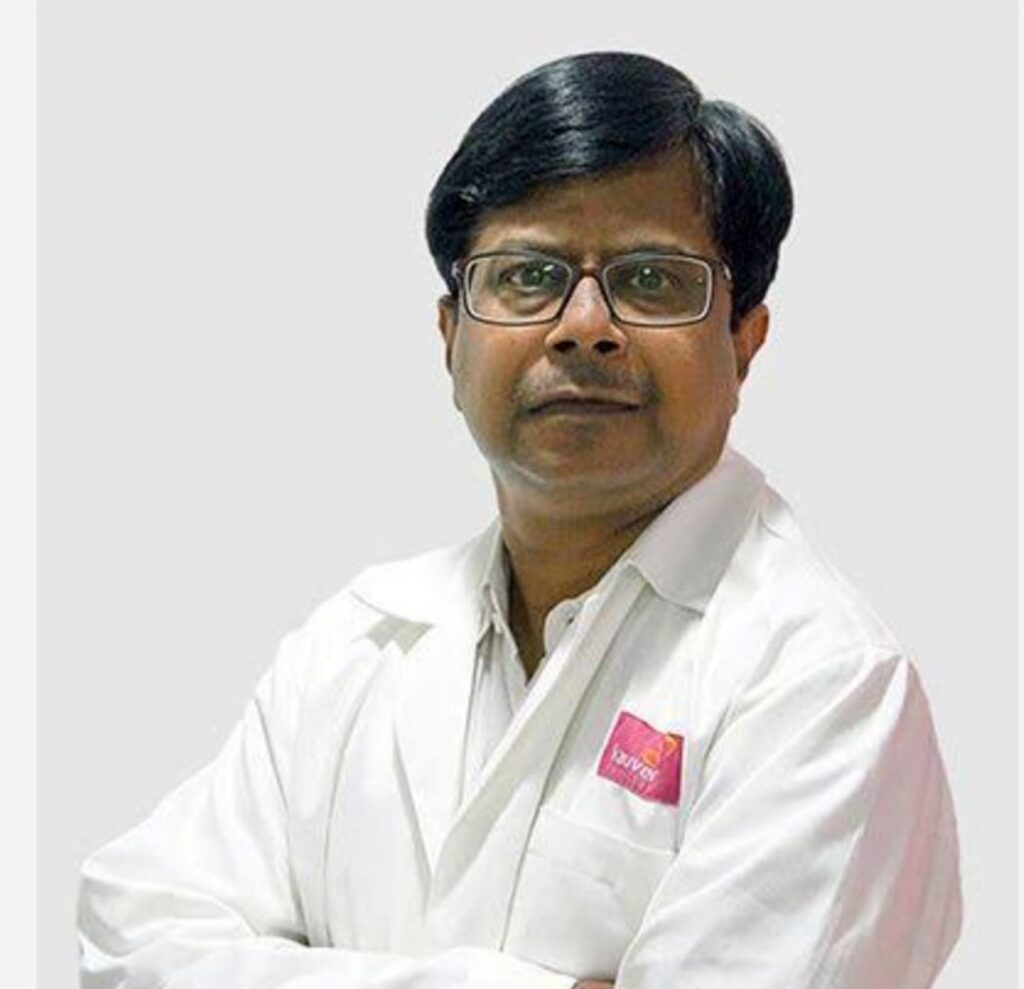Doctor Stabbed 7 Times by Patient’s Son Sparks Nationwide Demand for Stronger Hospital Security
5 min read
On November 13, 2024, a shocking incident unfolded at the Kalaignar Centenary Super Specialty Hospital in Chennai, where a doctor was attacked by the son of a patient. This event, both tragic and unsettling, highlights significant concerns about the safety of healthcare professionals in India, who are increasingly facing risks from disgruntled patients or their families. The assailant, Vignesh, reportedly entered the hospital disguised as an employee and targeted Dr. Balaji Jaganathan, stabbing him seven times. Here’s an in-depth look at the incident, the context around it, and the implications for healthcare safety in India.
Incident Details and Motivation Behind the Attack
The attacker, Vignesh, is the son of a cancer patient who was receiving treatment under Dr. Balaji Jaganathan, an oncologist at Kalaignar Centenary Super Specialty Hospital. According to initial reports, Vignesh expressed dissatisfaction with the medical treatment his mother was receiving, feeling that the healthcare provided was inadequate for her condition. In his anger and frustration, Vignesh infiltrated the hospital dressed as a worker, bypassed security, and launched a violent attack on Dr. Jaganathan. The doctor was reportedly stabbed seven times before staff members could intervene and restrain the attacker.
Vignesh’s actions appear to stem from deep-seated emotional distress regarding his mother’s condition. Instances of patients or their families resorting to violence due to perceived medical neglect are unfortunately not rare in India, where healthcare facilities often face immense pressure due to overburdened staff, limited resources, and an environment of mistrust between patients and medical providers. This attack illustrates the sometimes tense and even adversarial nature of patient-provider relationships, which can lead to tragic consequences.
Response from Authorities and Public Outcry
Following the incident, Tamil Nadu Chief Minister MK Stalin immediately condemned the attack and ordered a full investigation. He has promised that strict legal action will be taken against Vignesh. The attack on Dr. Jaganathan has sparked widespread outrage among the medical community, with doctors and healthcare staff condemning the violence and calling for enhanced protection measures. Medical associations in Tamil Nadu have demanded that hospital security protocols be reassessed to prevent such incidents from recurring.
This incident has reignited public debate on the safety of healthcare professionals in India. Similar incidents have occurred in the past, leading to a demand for a stronger legal framework to protect doctors and other medical staff. In response to the attack, Tamil Nadu’s health department is reportedly examining the security protocols within government hospitals, particularly at facilities where high-risk patients receive treatment.
Escalating Safety Concerns in India’s Healthcare System
The attack on Dr. Jaganathan underscores a pressing issue in India’s healthcare system – the vulnerability of healthcare professionals to violence from frustrated patients and their families. Indian hospitals, especially government-run ones, face challenges related to patient overflow, limited resources, and strained staff, all of which can contribute to patient dissatisfaction. When patients or their families feel that the medical staff are not meeting their expectations, some, unfortunately, turn to aggression.
India has seen a rising number of cases where doctors have been verbally or physically attacked by patients or their relatives. In some cases, lack of communication or perceived negligence has fueled patients’ anger. Recognizing these risks, the Indian Medical Association (IMA) has called for the government to make attacks on healthcare workers a non-bailable offense, ensuring that perpetrators are held accountable under stricter laws.
Government and Healthcare Sector Responses
In response to mounting pressure, both state and central governments in India have been examining ways to improve security for healthcare workers. Some hospitals in India have begun implementing advanced security measures, such as installing CCTV cameras, hiring private security personnel, and limiting access to sensitive areas within hospital premises. However, the vast majority of public hospitals struggle to adopt these practices due to funding constraints and administrative challenges.
Chief Minister MK Stalin’s swift response to this incident highlights the state government’s awareness of the issue, though the healthcare community is calling for more comprehensive reforms. Enhanced security protocols, including mandatory checks for visitors and designated access points for authorized personnel only, are being considered to prevent similar incidents in the future. Some states in India have introduced the “Healthcare Service Personnel and Clinical Establishments (Prohibition of Violence and Damage to Property) Act,” which aims to provide healthcare professionals with additional legal protection. Tamil Nadu may look to strengthen its own framework to ensure that its healthcare providers are safeguarded from violence.
Calls for Stronger Patient-Doctor Communication
The tragic incident in Chennai is a sobering reminder of the importance of effective communication between healthcare providers and patients. Often, misunderstandings and perceived lapses in care can be mitigated through clear and compassionate communication from medical staff. Many medical professionals advocate for training doctors and nurses in communication skills that can help manage patient expectations and defuse potential conflicts. Programs that educate families on the limitations and challenges of certain treatments, especially in cases of severe diseases like cancer, could potentially prevent anger and frustration from escalating to violence.
Conclusion: Ensuring a Safe Healthcare Environment
The stabbing of Dr. Jaganathan is a tragic incident that has sent shockwaves through Chennai’s medical community and highlighted the pressing need for stronger security and communication protocols in healthcare facilities across India. Protecting healthcare workers is paramount, as they are essential to the well-being of society. Addressing the root causes of patient dissatisfaction, fostering trust between medical staff and patients, and implementing stricter security measures are necessary steps for creating a safer environment for healthcare providers and patients alike.
As Dr. Jaganathan recovers, his ordeal stands as a painful reminder that the well-being of healthcare workers must be safeguarded, especially in environments as emotionally charged as hospitals. The medical community’s outcry following this incident signals a collective push for reform, as healthcare professionals nationwide demand that their safety be treated as a priority. The incident in Chennai is not just an isolated event but part of a broader issue that requires attention and immediate action to ensure that doctors can perform their duties without fear of violence.







